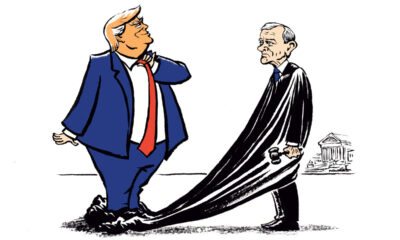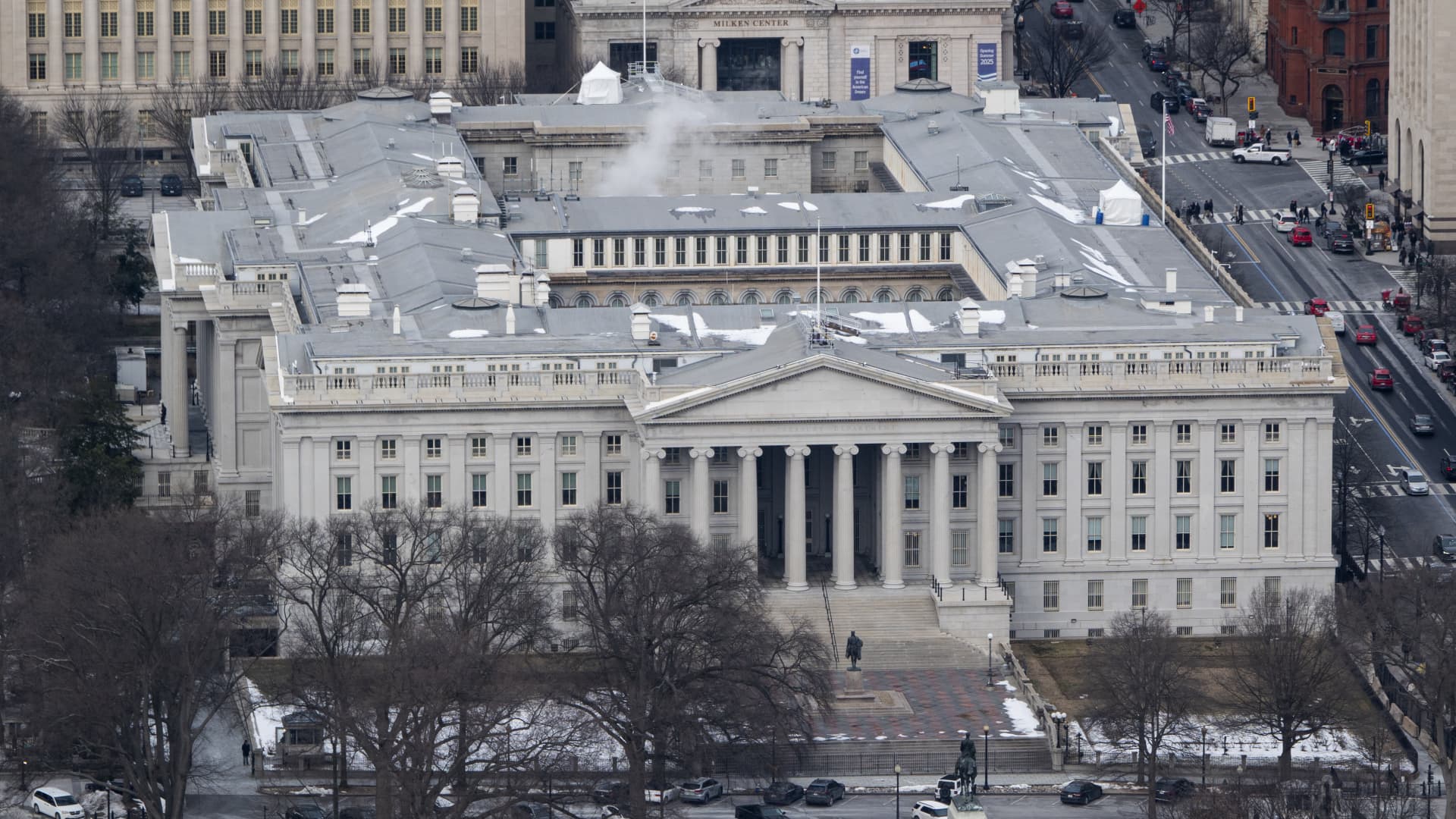Economics
U.S. budget deficit surged in February, passing $1 trillion for year-to-date record
-

 Finance4 days ago
Finance4 days agoWarren Buffett to ask board to make Greg Abel CEO of Berkshire Hathaway at year-end
-

 Personal Finance6 days ago
Personal Finance6 days agoMillions of older workers lost jobs during Covid. Prospects have improved
-

 Finance5 days ago
Finance5 days agoBerkshire meeting ‘bazaar’ features Buffett Squishmallows, 60th anniversary book and giant claw machine
-

 Personal Finance1 week ago
Personal Finance1 week agoWhy Roth conversions are popular when the stock market dips
-

 Economics7 days ago
Economics7 days agoHow Donald Trump could rescue John Roberts
-

 Economics7 days ago
Economics7 days agoWhy does America have birthright citizenship?
-

 Economics6 days ago
Economics6 days agoJobs report Friday to provide important clues on where the economy is heading
-

 Economics6 days ago
Economics6 days agoHow one Ivy League university avoided the president’s wrath




















